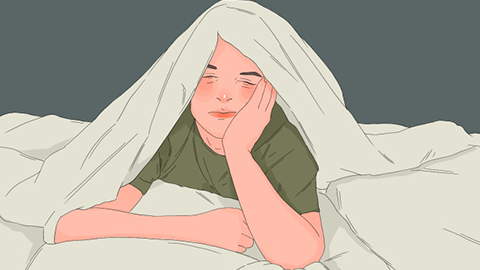Does cervical spondylosis causing tightness in the head affect sleep?
Generally speaking, whether cervical spondylosis-related tightness in the head affects sleep depends on the specific circumstances. If the symptoms are mild and short-lived, they usually do not impact sleep. However, if the symptoms are severe and occur frequently, they may interfere with sleep. Detailed analysis is as follows:

If the tightness in the head caused by cervical spondylosis is mild and occurs only after daytime activities, and can be significantly relieved before bedtime through rest, massage, or other methods without accompanying significant discomfort, then its impact on falling asleep and sleep quality is minimal, and normal sleep patterns can generally be maintained.
When the tightness in the head caused by cervical spondylosis is severe, characterized by persistent tension and aching pain in the head that worsens when lying down, it may lead to difficulty falling asleep. Even if sleep is achieved, frequent awakenings due to head discomfort may occur, resulting in fragmented sleep and an inability to enter deep sleep. Long-term disruption can lead to sleep deprivation and poor mental condition.
To reduce the interference of cervical spondylosis-related head tightness on sleep, gentle neck relaxation exercises can be performed before bedtime, such as slowly rotating the neck or applying a warm compress to the neck, to relieve the sensation of tightness in the head. Choosing a pillow with an appropriate height to maintain the natural physiological curvature of the cervical spine and avoiding excessive neck twisting during sleep is also recommended.





